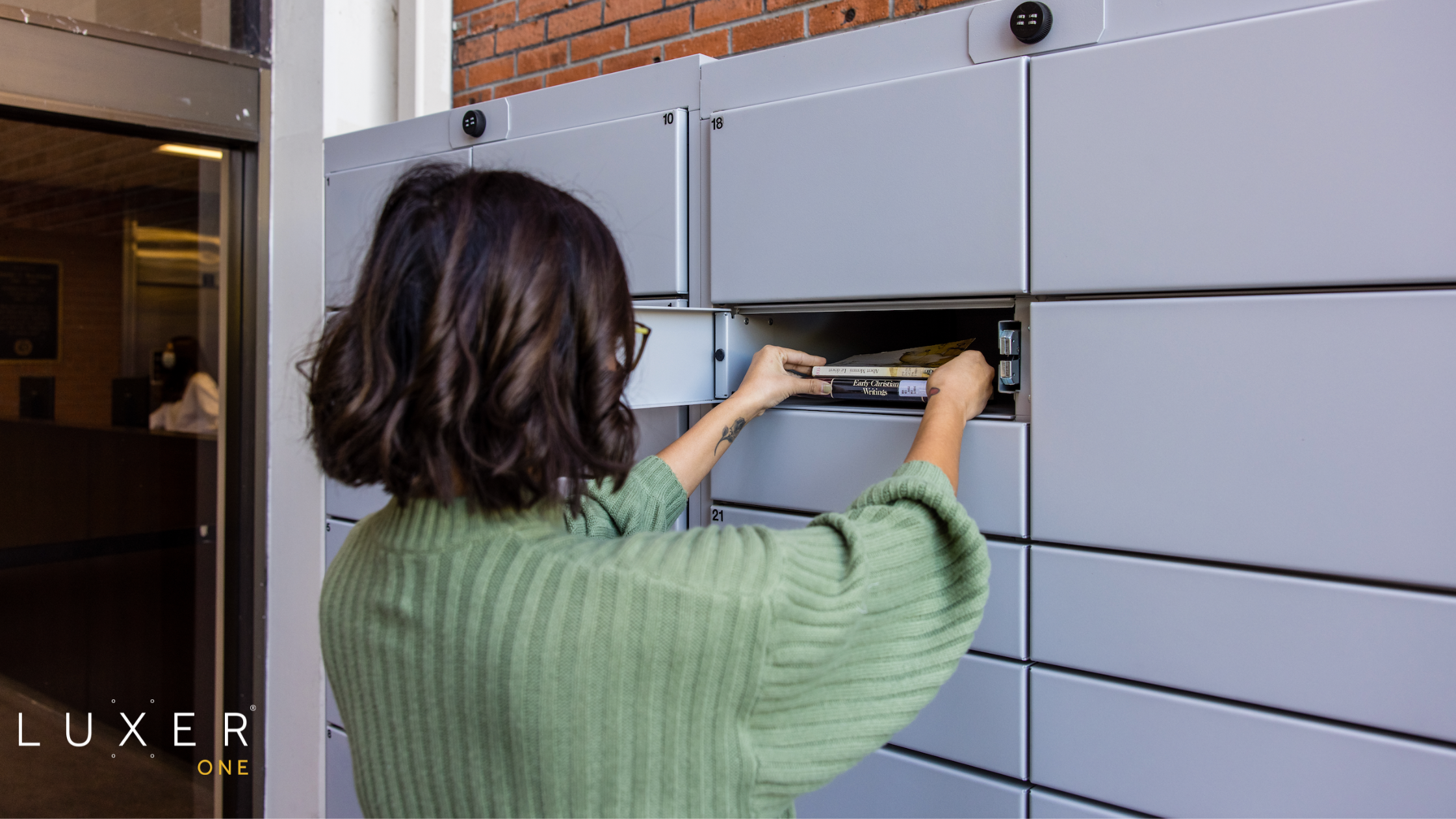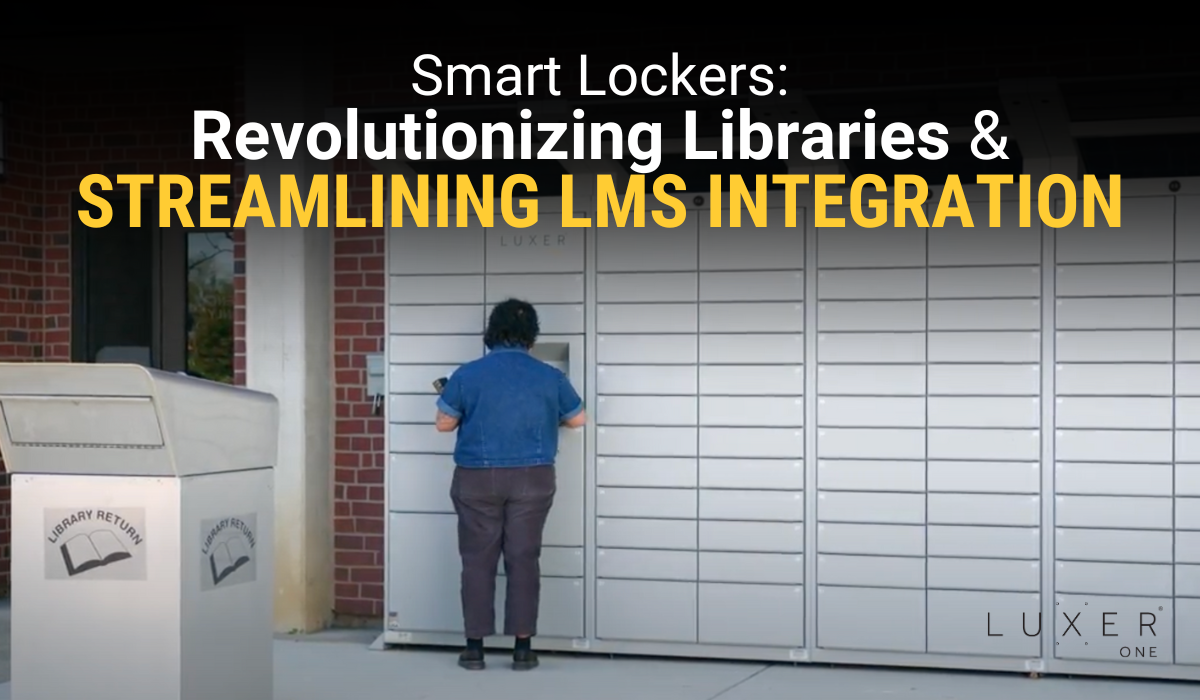In today’s digital age, libraries are evolving beyond the traditional realm of books and silent study spaces. A key innovation in this transformation is the use of smart lockers. By integrating with Library Management Systems (LMS) like SirsiDynix and ExLibris Alma, smart lockers are modernizing libraries and streamlining operations like never before.

A New Era for Libraries
Smart lockers are electronically controlled storage units that provide a secure and efficient system for storing and exchanging items. In libraries, these lockers can be used for book reservations and pick-ups, offering numerous benefits for both librarians and patrons.
With smart lockers, patrons can reserve their desired books online through the library’s LMS, such as SirsiDynix or ExLibris Alma. Once the book is ready, it’s securely placed in a locker by a librarian. The system then sends a notification to the patron with a unique code or QR code.
The patron can use this code to unlock the smart locker and retrieve their book at a time that suits them. This process greatly enhances the convenience and flexibility of using library services.
Integration with LMS Systems
One of the most significant advantages of smart lockers is their ability to integrate with LMS systems. This integration allows for real-time updates and seamless communication between the library’s inventory system and the smart lockers.
When a book is reserved, the LMS system can notify librarians to prepare the item for pick-up. Once the book is in the locker, the system automatically updates to reflect its new status, ensuring accurate inventory management.
For libraries using SirsiDynix or ExLibris Alma, this integration can further extend to managing holds, renewals, and overdue notices. This seamless interaction between the smart locker and LMS systems not only streamlines library operations but also enhances the user experience by providing real-time updates and notifications.
Benefits of Smart Lockers in Libraries
The use of smart lockers in libraries offers numerous benefits. For patrons, they provide a contactless, self-service model that allows for flexible pick-up times, reducing the need to align with library opening hours.
For libraries, smart lockers can help manage high-demand periods, reduce queues, and minimize the need for face-to-face interactions. This can significantly enhance operational efficiency and improve the overall patron experience.
By offering a secure storage solution, smart lockers can also help reduce the risk of lost or damaged books, providing an added layer of security for library assets.
In the modern library environment, Luxer One smart lockers are proving to be a game-changer. Their integration with LMS systems like SirsiDynix and ExLibris Alma is revolutionizing the way libraries operate and how patrons access library services. As technology continues to advance, we can expect smart lockers to play an even more integral role in the libraries of the future, offering even greater convenience, efficiency, and security.
Contact us to implement this solution today!





